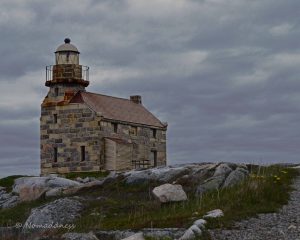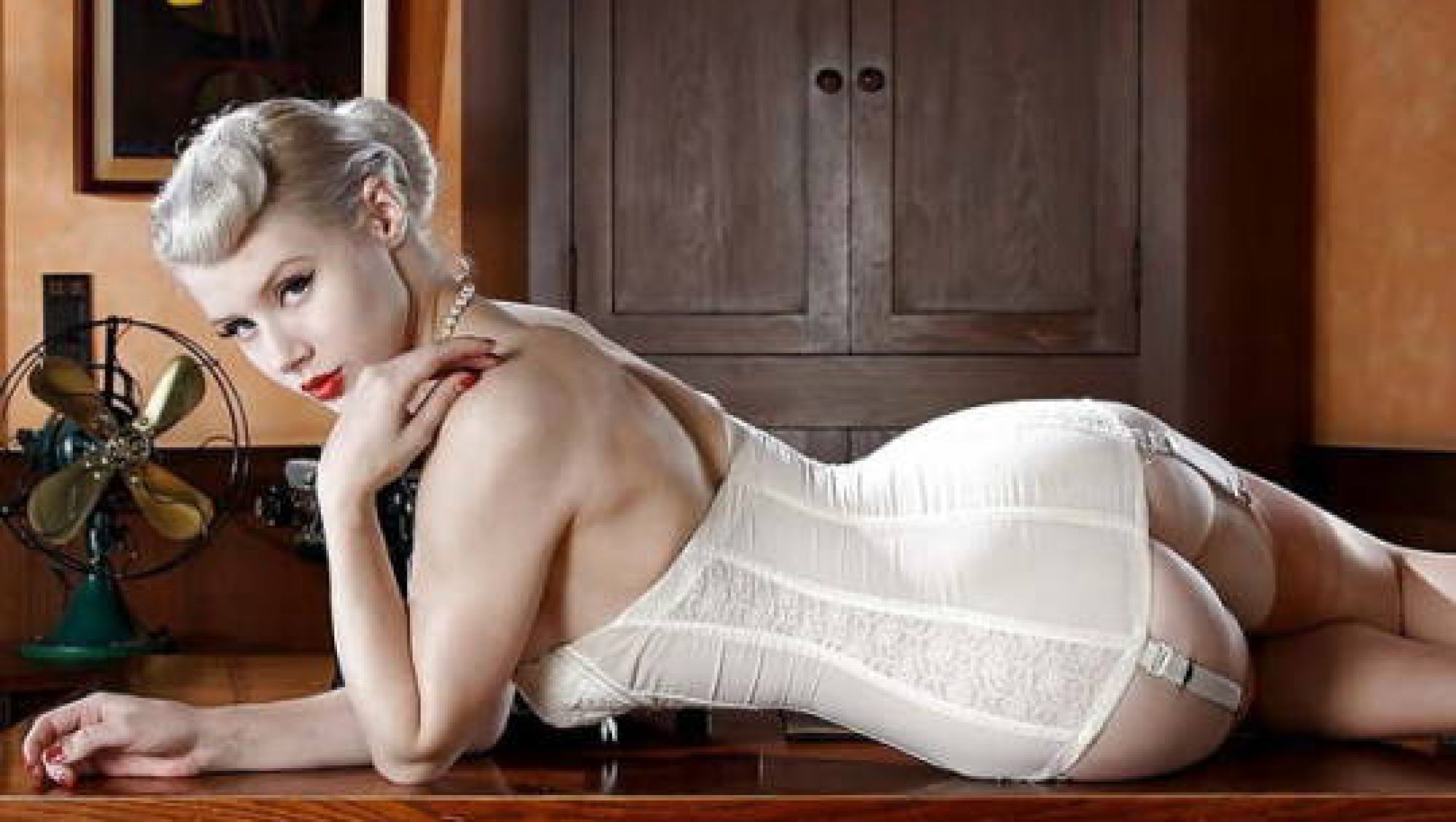I can tell this story now, after all these years. Most of the family are long dead, and I’ve never been blessed with children of my own. What little family I have that are still alive are long estranged from me. The events I am going to relate took place sixty years ago, so I know you’ll appreciate that I am not breaking any confidences. However, to a young twelve year old the episode remains one I have struggled with for decades, but perhaps I am getting ahead of myself.
That winter was a cold one, and my mother fell ill with bronchial pneumonia.

The Atlantic gales would rip in off the Grand Banks and chill us to the bone. Mother was a slight woman, and one day she simply started coughing. Who would think that so quickly she could slide into first exhaustion, and then a swift descent to a wheezing fever. And quite suddenly she was gone, like a candle extinguished in a gust of wind.
At first I was sent to live down the coast with my aunt, but within a couple of months my father managed to get assigned to a lighthouse on the coast, and transferred from a ship board posting, to a land based one, and returned to shore. That was long after the funeral, of course. Mother had been buried with just my aunt, her husband and I at her graveside one rainy fall afternoon.
I don’t remember much about my father’s arrival ashore. There are still vague images of loading up the car, an old Landrover, and leaving aunties house to drive down the coast. Then entering a broken down gate, and driving up a muddy unmade road to the Foreshore Lighthouse.
I quickly learned that all the local people called the building The Foreshore Light. It had been built before the nearby village and was constructed as a remote and self contained lighthouse some hundred years before. The stone and wood construction creaked in the winds, like the ships it had been built to save, and was now close to being decommissioned as the new automated lighthouses were becoming more common place. It was more like a museum than a functional government building.
The wind would whistle through the exposed structure and make sounds like a giant flute for the amusement of the gods. Father and I unpacked, and made the place as comfortable as we could. I can remember trying to find dry kindling from the leaky shed at the end of the overgrown garden, and setting the fire in the hearth.
The Foreshore Light was one of the last of the old lighthouses to be manned, and in retrospect I think the authorities positioned my father there thinking it would help him get over the loss of his wife. He’d worked for the marine authorities since the end of the war, when he was demobbed from the navy. He had many friends in the service, and I suspect it was something of a sympathy posting.
My father had longed for retirement with his wife, while still quite young he was what was once described as ‘world weary’. For the love of his life to be so cruelly snatched away by fate was a blow he struggled to recover from. Yet we did our best to create our new life there, minding the light, with me going down to the village school each day and beginning to make new friends.
It was a remote life, though. I played alone on the rocky shore most days after school, the light from across the bay, a remote house, the only visible neighbour. My father was quite adamant that I should hurry home after school, which I later realised was likely because he was afraid to lose his last remaining close family.
He would mind the light, manage the radio calls, and maintain the building. He was often in the workshop, the chatter of marine traffic on the radio in the background. We’d gather the weather readings from met instruments twice a day and radio them in, but other than that the work was undemanding.
There were many empty rooms in the old lighthouse, from the days when it had been manned by a staff of four. There was no point heating the whole place, so we lived simply in the kitchen, two bedrooms and the workshop. I would sometimes explore the dusty old rooms, many of which hadn’t been used in thirty years. A few books remained on a bookshelf, and handwritten notes speckled the margins of some. Way back the Foreshore Light had been used as a training location for a trade that was now a fast disappearing lifestyle.
My father wasn’t a very sociable individual. Perhaps he once had been, but the loss of my mother was written all over his face and I now realise he was a severely depressed man. The time I was at home was spent generally alone, except for mealtimes, when father would eat in silence.
I don’t want to paint a sad picture here. I was actually quite happy, but for the fact I missed my mother. I am able to amuse myself perfectly well, and even at that age I realised my father was going through a difficult time. In the village he was known to be a little bit of a recluse, though no one was unkind about it. At school the other kids would ask me about him, but never unkindly. People considered him a mystery, and somehow that was translated by the local rumour mill into a shadowy past including some heroic, though dark, exploits during the war. I don’t think any of that was true, but I really don’t know. Perhaps it was. No one can tell from this great distance.
Left largely to ourselves, the only regular visitor was Mrs. Worsely, who would walk up from the village daily and cook and clean for father. I can remember thinking her so old that she’d probably been around when the foundations of the old building were laid, but that sort of talk would get me a sharp clip round the ear from my father, and a stiff talking to about showing respect to those older than myself.
I would sit and eat dinner with father, Mrs. Worsely’s form framed in the window as she walked back down the muddy road toward the village in the failing light. It’s strange how those images stay with us over the years. It’s almost as if I can see her before me now, shambling away down the path.
Most evenings I’d be in bed by 7.30, father sitting up in the light room at the top of the house, and listening to the radio. The huge windows of the light room afforded an uninterrupted view of the night sky, and the surrounding sea. He’d have a brandy, though not too much, and his memories. He seemed consumed by the memory of my mother. He didn’t say much, but sometimes I’d find one of our old photo albums up there, or her letters beside an easy chair, where he’d fallen asleep and they’d fallen from his hand. He’d sit there and snore till he woke with the dawn.
At night I’d sometimes wake and climb the stairs to the light room, and see him asleep, the empty glass in his lap. I don’t think he ever saw me there, and as much as I wanted to toss a blanket over him, I felt I shouldn’t let him know I’d seen him like this. He still had his dignity, if not his wife. I wouldn’t take that from him.
_______________________________________________
The second episode of this three part series can be found HERE.
